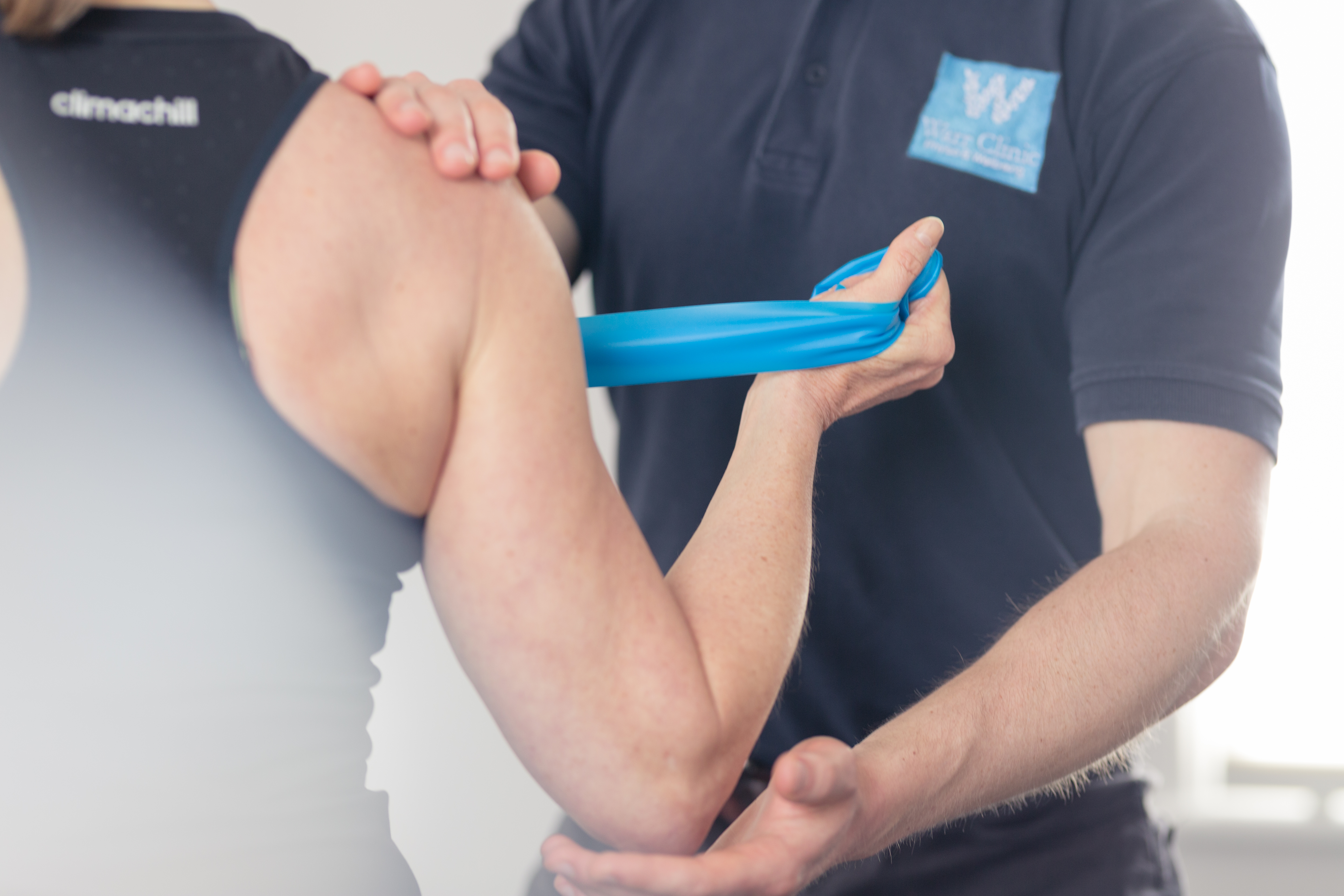
05 Dec Complex Shoulder Injury- Case Study
Earlier this year a patient attended an appointment with a history of shoulder pain that had been present for several years following an injury at the gym.
He had tried physiotherapy before and had extensive work on his rotator cuff and scapular biomechanics and had also had steroid injections which had given temporary relief. He had been seen by several people and had still not got to the bottom of his pain, which could be extremely severe at times. He was due to see a consultant within the next few months, but was in agony so seeking some relief from the pain.
After listening to his pain patterns and what had worked and what hadn’t worked in the past, it was time to look at it from a different angle as most treatment had focussed around the rotator cuff. On examination, and considering the mechanism of injury I opted to focus on the anterior shoulder which is far less commonly injured and discovered that, although scapular movements and biomechanics were good….there was cheating afoot. When taking a much closer look at the movement patterns and how they were achieved, I discovered a very subtle movement dysfunction and was able to identify that the culprit was actually the pectoral muscle and long head of biceps.
I treated the painful areas and started with an exercise programme to undo the bad habits that had been formed. On the second session, the patient came in and was over the moon as their pain had significantly reduced and had started making changes to their movement patterns.
Over the next few weeks, the improvements made were amazing. The patient then attended their consultant appointment and had imaging done which had confirmed my diagnosis. They have now been offered a surgical intervention, but are seriously considering not having any further input at this time due to the success of the physiotherapy for symptom management.
Tara Lawson
Chartered Physiotherapist



No Comments